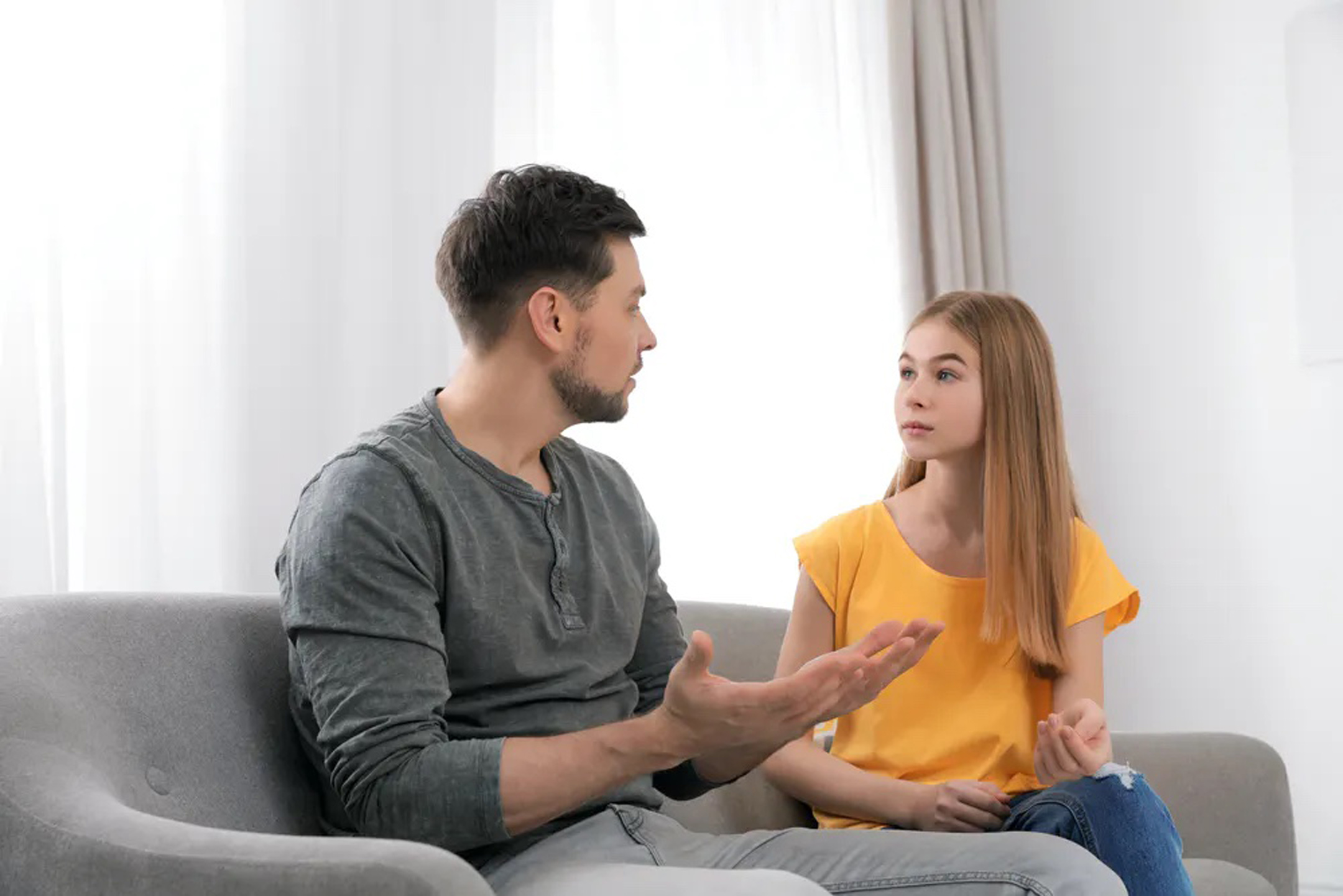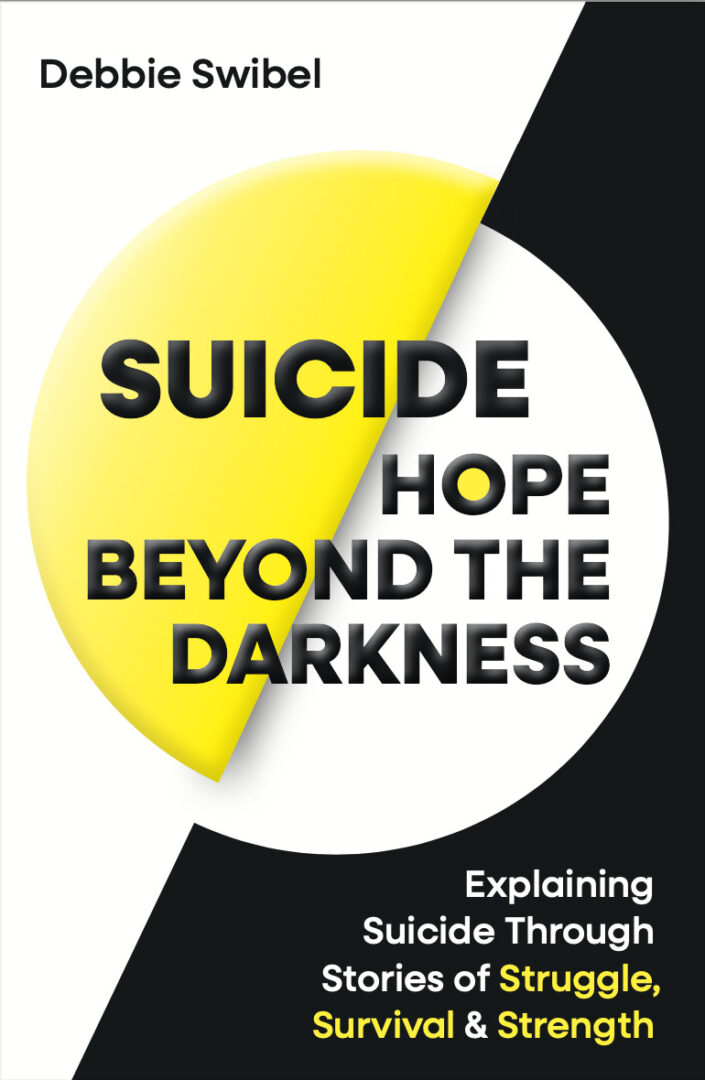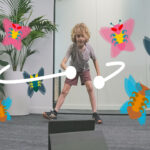
01 Oct Talking About Suicide With Children: Why Silence Isn’t the Answer
After speaking with many parents who have lost children to suicide, here’s what Debbie Swibel wishes all parents could know.
For many parents, the thought of speaking to their children about suicide sparks fear and anxiety. It feels daunting, too confronting, or not suitable for their age. But silence is not the answer. It does not shield our children; rather, it leaves them unaware and unprepared. We need to create a safe, non-judgmental environment, share the facts, answer questions honestly, and keep our lines of communication open. Why? Because youth suicide rates are rising worldwide.
Breaking the Silence: Why Conversations Save Lives
There is a common but dangerous misconception that talking about suicide might encourage a child to think about it. This leads parents to avoid the topic, hoping that silence will somehow keep them safe. But these beliefs are wrong. All evidence shows that open and honest conversations about suicide are beneficial. They provide an opportunity for children to express their thoughts and emotions rather than suppressing them. These conversations help children understand suicide, reduce stigma, and create safe spaces for questions.
Misinformation Fills the Gaps When We Don’t Talk
Children are always listening and absorbing. If we don’t talk to them, they will hear about suicide elsewhere — maybe through playground whispers, overheard conversations, or unreliable sources like social media. That misinformation can be frightening, distorted, and even harmful.
Without facts, children’s imaginations can run to anxious or fearful places. I am often told that suicide is not a suitable subject for young people. However, suicidal thoughts often start in early adolescence. In my book, I share the story of Suzanna, whose daughter Anna-May took her own life at 12 years old. Suzanna told me:
The earlier, the better. If Anna-May had learned about mental health, feelings and emotions, she would know there are other ways than suicide. I don’t know why we aren’t teaching our kids life skills. If we don’t start teaching them early, they will not be able to cope with the life we’ve created for them.
Her words stay with me because they are echoed in my work.
Starting Early Builds Resilience and Hope
As a suicidologist, I sit with people who are feeling suicidal, those who have attempted suicide, and families who are grieving. I also speak with young people themselves. Last week, I counselled an 11-year-old whose best friend had died by suicide. Last month, I sat with a group of 13-year-old schoolboys after a classmate took their life.
The truth is clear. Young Australians are contemplating suicide, some are attempting it, and tragically, some are losing their lives. Engaging with them, teaching them how to manage their thoughts and feelings, offering hope, and showing them they are not alone gives us the opportunity to protect them.
If we avoid these conversations, we risk losing more young lives. But when we talk openly and honestly, we give our children knowledge, strength, and hope — and that can make all the difference.
 Debbie Swibel is a suicidologist, counsellor, therapist, criminologist, and educator.
Debbie Swibel is a suicidologist, counsellor, therapist, criminologist, and educator.
Her book, Suicide: Hope Beyond the Darkness, is out now. Read more here.
How Parents Can Start the Conversation
- Choose a calm moment– bring it up when you both have time and privacy, not in the middle of stress or conflict.
- Start gently– you might say: “I heard something today about mental health, and I wondered what you know about it?”
- Listen first– let your child share what they’ve heard or believe before correcting or adding information.
- Be honest and age-appropriate– answer questions clearly but in a way your child can understand.
- Show it’s safe to talk– reassure them they can always come to you, no matter what they’re feeling or thinking.
- Offer hope and support– remind them that feelings can change and that help is always available.
If you’re worried about your child, seek professional support. In Australia, you can contact:
Lifeline on 13 11 14 or Kids Helpline on 1800 55 1800 for free, confidential support.




